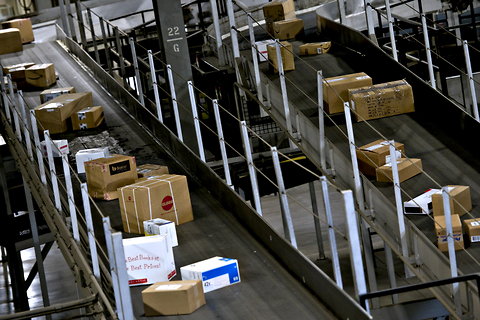In this weekend’s Your Money column, I tried to give people a user’s guide to disputing credit and debit card purchases. The ability to turn problems over to your card issuer is one of the most powerful weapons in a consumer’s arsenal, but you don’t want to be wielding it constantly. Merchants are people, too, and disputing a charge causes them real hassle and expense.
My successful disputes include a parking garage that imposed a sport utility vehicle surcharge even though my car is not a sport utility vehicle and a real estate company that rented me and my family a house in Michigan that didn’t come as advertised. (The hot tub didn’t work, which I declared to be $200 off the weekly rental. We got a credit for that amount.)
Then, there was the time two years ago when I tried to dispute an American Airlines telephone booking fee for a plane ticket that I tried and failed to book on its Web site. Just to send a message to the airline, I went to the American Express Web site to make my complaint. Alas, I got a pop-up message telling me to take it up with the airline. Even the professional consumers on the FlyerTalk Web site had little sympathy for me, given that I had booked the ticket and agreed to the fee at the time of booking.
So how about you? When have you succeeded or failed in disputing a charge when it was not an open and shut case (say, outright card fraud)? Do you agree that the card companies generally take the side of the consumer? Merchants, please weigh in with your own war stories and let us know whether you fight every dispute or let go some below $25 or so.
Article source: http://bucks.blogs.nytimes.com/2013/01/25/reports-from-your-own-credit-card-disputes/?partner=rss&emc=rss
